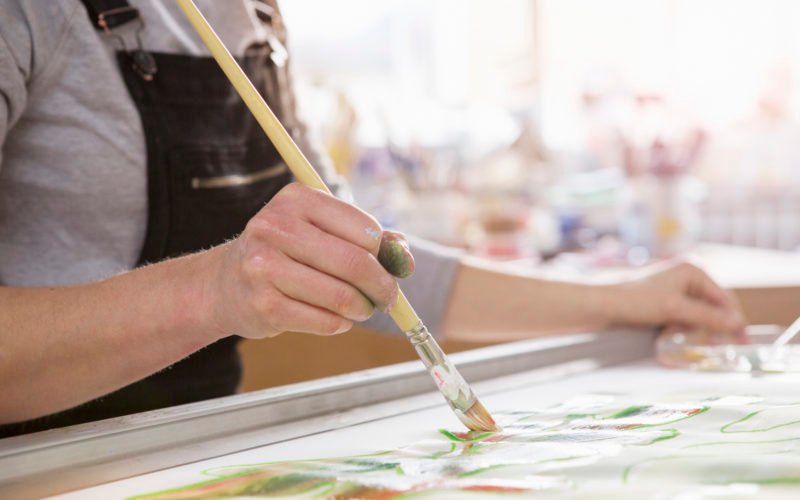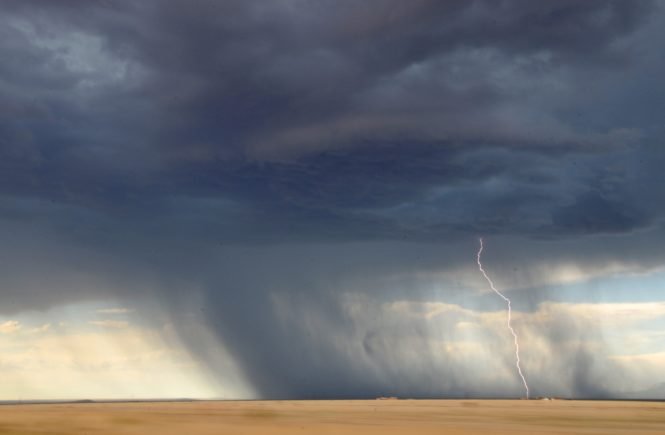When I was in art school I had a drawing and printmaking professor named Dave.
Dave is a brilliant man. He’s lived and stuff, so he knows things. You know?
Freshman year, 8am MWF. My best friend Casey and I would drag our sleepy selves to the 4th floor of the Art and Journalism building and into his class… Drawing 1. We’d sit on the high stools at the drawing tables that formed a circle around the pedestal in the center of the room, and sit and wait for Dave to start talking.
Then, Dave would tell stories. Crazy stories, sometimes, but usually just random things that he lived. He had a way of making the mundane seem fascinating, or amusing, at the least. His stories always held an application, or some sort of imparted knowledge. He was as quirky as they come, but I loved his classes, so I took one of them almost every semester of undergrad. But as much as I enjoyed the classes and the work, it was Dave’s philosophy of drawing that stuck with me and helped me to learn one of life’s most important lessons.
“Nine out of ten times I draw and it’s okay, but it’s nothing special,” Dave would say, in effect. “But every now and then I get something really good. And that’s just how it goes.”
He’d say things like this only every now and then, but the way he judged our drawings reinforced the idea. Dave’s standard of “good” was vague at first, but I came to understand it as this: authentic expression of a form in your own hand, free and uncalculated. He celebrated when you could see the preliminary lines from an initial rendering of a figure, before it’d been adjusted and developed. He would talk about drawing from the elbow — using your whole arm. Fearless, wide, sweeping motions. Drawing was about looking, he’d say. The goal was simply to record the information our eyes were taking in, not to achieve photorealism. It would come out our fingers as our unique interpretation. You’ve gotta move around the whole composition, never working too long in one place. If you get all scrunched up and focus on one square inch for too long your drawing will be cramped. If you think too hard about it, you’ll mess it up.
He’d say plenty of things – but what stuck with me was thatfailure was necessary for success: the more you stepped up the drawing table, the more often you’d fail. But without the failure, there was no excellence. We were forced to embrace failure as part of the process. This was new to most of us, having just come from high school art classes where realism seemed to be favored. But this was a creation philosophy full of grace, full of second, and third, and fourth chances. Being untrained, I embraced this ideology wholeheartedly, and I would not be the artist I am today without it. Realism was never the goal. Looking and trying, trying, trying again to record information was. Breathing and loosening up was the goal. Relaxing and enjoying the process was the goal. Accepting the result.
And this philosophy, I’ve come to realize, is happily transferable to all realms of life.
I tell you the truth: if you go through life with your shoulders up to your ears in tension and self-scrutiny you’ll miss out on the journey. If you strive for absolute perfection and never accept grace to fail, you just may never strike anything truly good.
It’s true in visual art, but it’s also commonly accepted in all other artistic expressions, and I’ve heard it over and over until it was hammered into my mind: in music, in theatre, in yoga, and in life.
“Release your jaw tension!” If you are tense you won’t sing well.
“Loosen up!” If you are afraid to look stupid, you won’t be true to your character.
“Breathe.” If you don’t relax you will struggle to hold any difficult pose in yoga.
“My grace is sufficient for you.”
If you don’t give yourself grace in life, you are missing the entire point.
“But he said to me, ‘My grace is sufficient for you, for my power is made perfect in weakness.’ Therefore I will boast all the more gladly about my weakness, [awkwardness, incapability, inadequacy, failure,] so that Christ’s power may rest on me. That is why, for Christ’s sake, I delight in weaknesses, in insults, in hardships, in persecutions, in difficulties. For when I am weak, then I am strong.”2 Corinthians 12:9-10
I really can’t imagine a better truth for the nitty gritty of everyday life. I don’t want to live my life walking on eggshells and hoping with all of my might that I don’t fail. Here’s the thing: I WILL ANYWAY. We all will, and do. But we have a God who catches us when we fail, who gives us strength to step up to the plate again, and again. And amidst the chaos of our myriad failures, both large and small, something crazy beautiful is bound to happen.
It’s hard to remember it’s alright to fail, when the general population of the world doesn’t seem to think that failure is an Okay thing. But speaking for the Church, I hope that people see our failures and internalize that we are flawed people. Then as a result I hope they will profoundly understand that any good or beautiful thing we achieve is not by our own power or on our own merit, but by the grace of Jesus Christ who lives in us and redeems every shameful, uncomfortable, or inadequate moment of our lives.
So hey, go out and draw with big, wide, unself-conscious strokes. Breathe. Relax and work hard, get up and try again. Go forth and fail. You are covered in grace, and it is sufficient for you.





